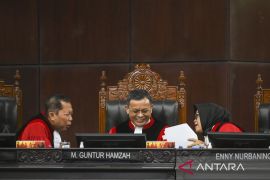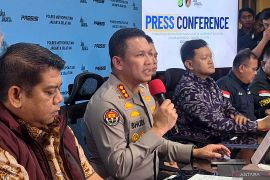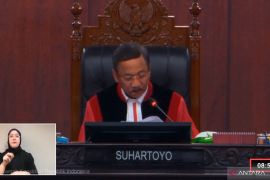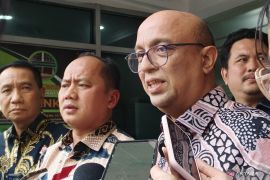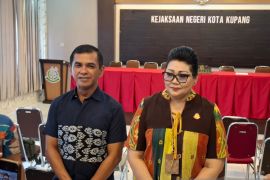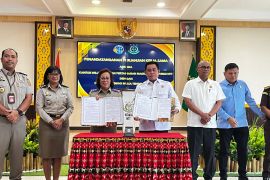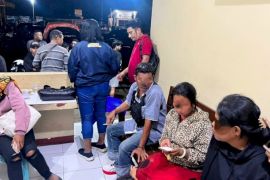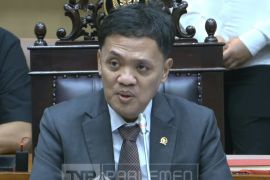
Feature - Publishers' Rights regulation and hopes for quality journalism
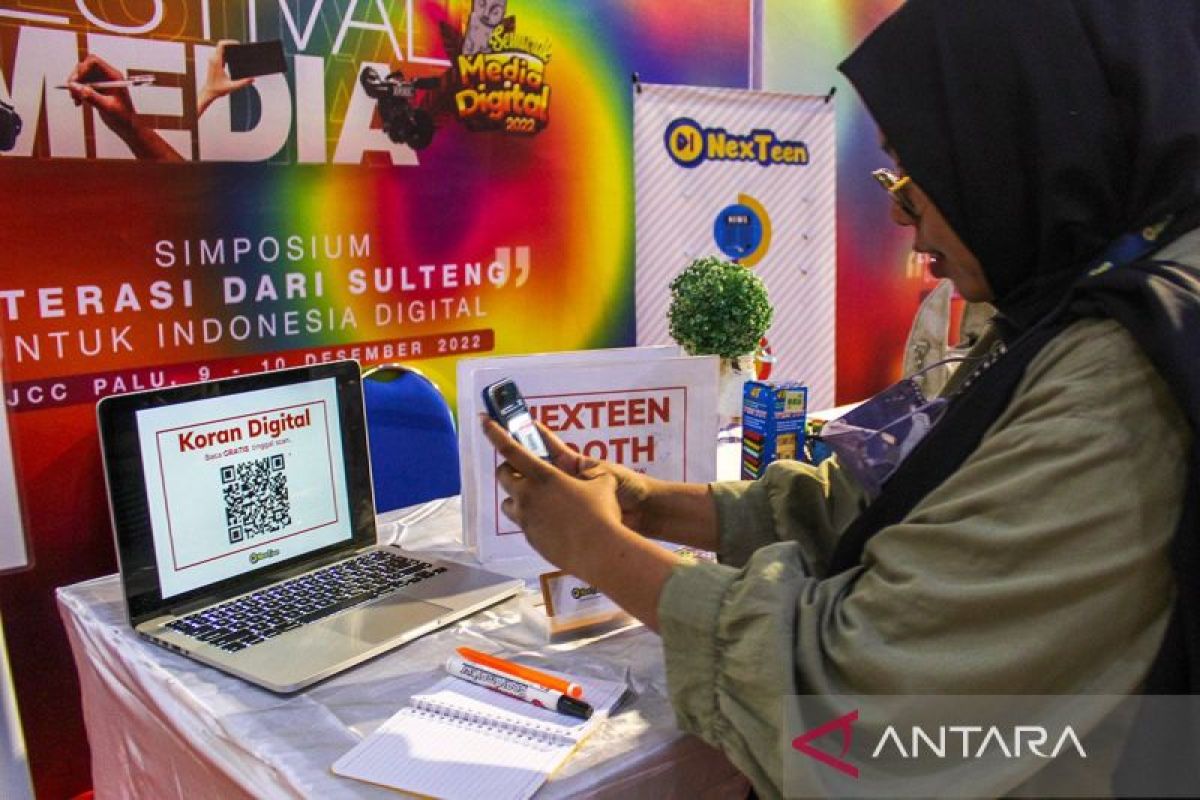
...The regulation stipulates that the number of members from the Press Council and independent experts should always be equal and that the coordinating minister for political, legal, and security affairs has the right to appoint expert members of theJakarta (ANTARA) - Indonesia finally issued Presidential Regulation No.32 of 2024 concerning the responsibility of digital platform companies to support quality journalism, or called the Publishers' Rights regulation, after three years of tough deliberations to accommodate various interests.
President Joko Widodo, on Tuesday (February 20), signed the regulation during the commemorative event of National Press Day 2024 at the Ecovention Hall Ecopark, Ancol, Jakarta.
In principle, the Publishers' Rights regulation consists of six chapters and 19 articles that are meant to pave the way for the realization of journalism of a higher quality in Indonesia instead of restricting the freedom of press.
It should be noted that the regulation does not even touch upon digital content creators, as its sole purpose is improving the quality of journalism in the motherland.
The role of the Publishers' Rights regulation encompasses governing business relationships between press companies that have been verified by the Indonesian Press Council and digital platform firms, such as Google and Meta.
According to the regulation, digital platform companies chosen by the government are obliged to exert utmost efforts to prioritize, facilitate, and promote news produced by Indonesian press companies.
It is also mandatory for digital platform enterprises to treat all press companies equally, including by providing them with training courses and programs aimed at supporting quality and responsible press.
Furthermore, the regulation also urges such companies to design complex systems used for directing their algorithm to distribute news that can support quality journalism and align with the values of democracy and diversity as well as applicable law and regulations in Indonesia.
Additionally, the regulation suggests that digital platform companies make agreements with Indonesian press companies. They can cooperate under various schemes, such as paid license, profit sharing, and exchange of news users' aggregate data.
Under a profit-sharing scheme, for instance, press companies will gain income from the production of news used by digital platform companies.
A tool for resolving disputes
Oleh Rio F, Tegar Nurfitra
Editor:
Bernadus Tokan
COPYRIGHT © ANTARA 2026

